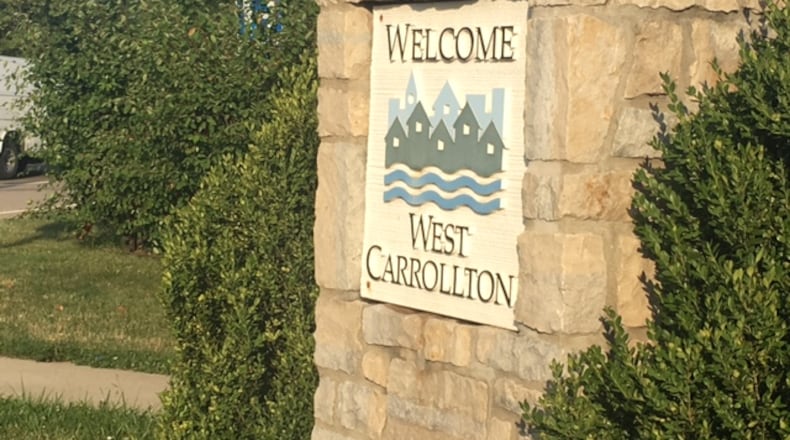Most of the fees assessed came from 49 property units that failed to register for the program and were penalized with a $150 fine, according to a city report on the program.
“Staff suggests consideration of stiffer penalties for noncompliance, in order to reach 100 percent participation,” the report by West Carrollton Planning and Community Development Director Greg Gaines states.
RELATED: West Carrollton landlords may face fine for missing deadline
Nonetheless, the report cites a 95 percent registration rate, noting the “compliance rate achieved by this program is remarkable and is one clear indicator of success.”
Aside from the $150 fine for failure to register, the program has an $85 re-inspection fee and can also refer cases to court. The program was set to be discussed Tuesday night by West Carrollton City Council with no action planned.
The city conducts inspections on the exterior of all residential rental units every two years, West Carrollton records show. This includes interior common areas of multi-family buildings.
Rental properties, West Carrollton officials have said, account for a “disproportionately high” number of code violations.
RELATED: New West Carrollton rental inspection plan drops annual fee
In 2016, West Carrollton officials said the city had about 2,500 rental units across the city that makes up nearly 42 percent of its housing. From 2012 to 2015, 65 percent of all local code violations came from rental properties, according to the city.
Since the program started, 1,022 inspections were performed. Eight cases were referred to court and seven cases were assessed an $85 re-inspection fee, according to the report.
Most of the violations were found at single-family residences (332), while second on that list were sites with four or more units (167), according to West Carrollton records.
DOWNLOAD OUR MOBILE APPS FOR LATEST BREAKING NEWS
More than 15 types of violations are listed in the report. The majority of them included drainage and roof issues (118); peeling paint (114); and outside storage issues (80), city records show.
“The number and variety of violations discovered is another measure of the program’s effectiveness,” the report states.
The program was first proposed in the summer of 2015 with an annual fee required for rental property owners. The annual fee was dropped after more than a year of debate and negotiation with housing industry groups.
About the Author

